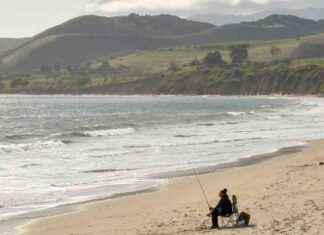Pedro Sánchez defended this Thursday the need for the international community to have “responsible and constructive” leaders in the face of current challenges on an “unprecedented scale” and, in particular, the “brutal and illegal aggression of Russia against Ukraine, which is causing a humanitarian, supply, insecurity, inflation and debt crisis in a growing number of vulnerable countries”. He did it upon his arrival in China, where he participated in the inauguration of the Boao Economic Forum, considered the Asian alternative to Davos.
His words acquire an amplified meaning after the leader Xi Jinping has taken a step forward to try to set himself up as the international mediator to put an end to the war conflict that is being waged on European soil after visiting Vladimir Putin in Moscow. In this sense, the Spanish president has praised the fact that the authorities in Beijing have intensified diplomatic contacts with officials from other countries that reflect a “high degree of responsibility” to which he wants to “contribute”.
“Our points of view may be different in some areas, but we must continue to build bridges and increase our mutual trust,” stressed Sánchez, who will be received this Friday by his Chinese counterpart. In that meeting, he will ask her to mediate with the Russian president to end the armed conflict and not hand over weapons.
During his speech before a crowded audience, the Spanish leader explained that in the last week he has met with 40 leaders from three continents and that in all the conversations he has held the common denominator of “a desire for peace, stability and prosperity.” As he has argued, “nobody wants there to be economic fragmentation or war.”
Sánchez made these statements at the forum chaired by UN Secretary Ban Ki-moon, which is being held until this Friday on the island of Hainan, in the south of the country, with more than 2,000 representatives from 40 countries, including the Chinese prime minister. , Li Qiang.
In a purely economic key, the president stressed that Europe is accelerating the “green revolution” to lead the fight against climate change and reduce dependence on Russian gas. Thus, it has implicitly left a message to its host country, the largest emitter of greenhouse gases in the world, where it is about juggling the ecological transition and energy security.
According to the criteria of The Trust Project






